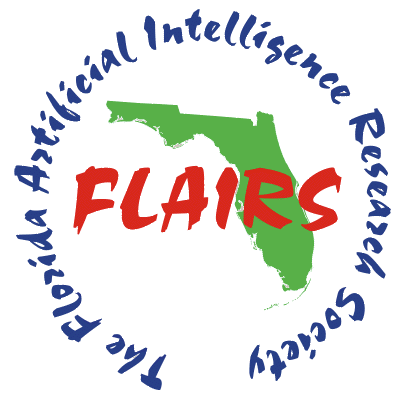Machine learning prediction of severity and duration of hypoglycemic events in type 1 diabetes patients
DOI:
https://doi.org/10.32473/flairs.37.1.135600Keywords:
machine learning, diabetes, hypoglycemia, decision tree, random forest, deep neural networkAbstract
We compare the performance of machine learning methods for building predictive models to estimate the expected characteristics of hypoglycemic or low blood glucose events in type 1 diabetes patients. We hypothesize that the rate of change of blood glucose ahead of a hypoglycemic event may affect the severity and duration of the event and investigate the utility of machine learning methods on using blood glucose rate of change, in combination with other physiological and demographic factors, to predict the minimum glucose value and the duration of a hypoglycemic event. This work compares the performance of six state-of-the-art methods on prediction accuracy and feature selection. Results find that XGBoost delivers the best performance in all cases. Examination of the XGBoost feature importance scores show that glucose rate of change is the most used feature in the models generated by XGBoost.
Downloads
Published
How to Cite
Issue
Section
License
Copyright (c) 2024 Annie Wu, Eashan Singh, Ivy Zhang, Anika Bilal, Anna Casu, Richard Pratley

This work is licensed under a Creative Commons Attribution-NonCommercial 4.0 International License.


